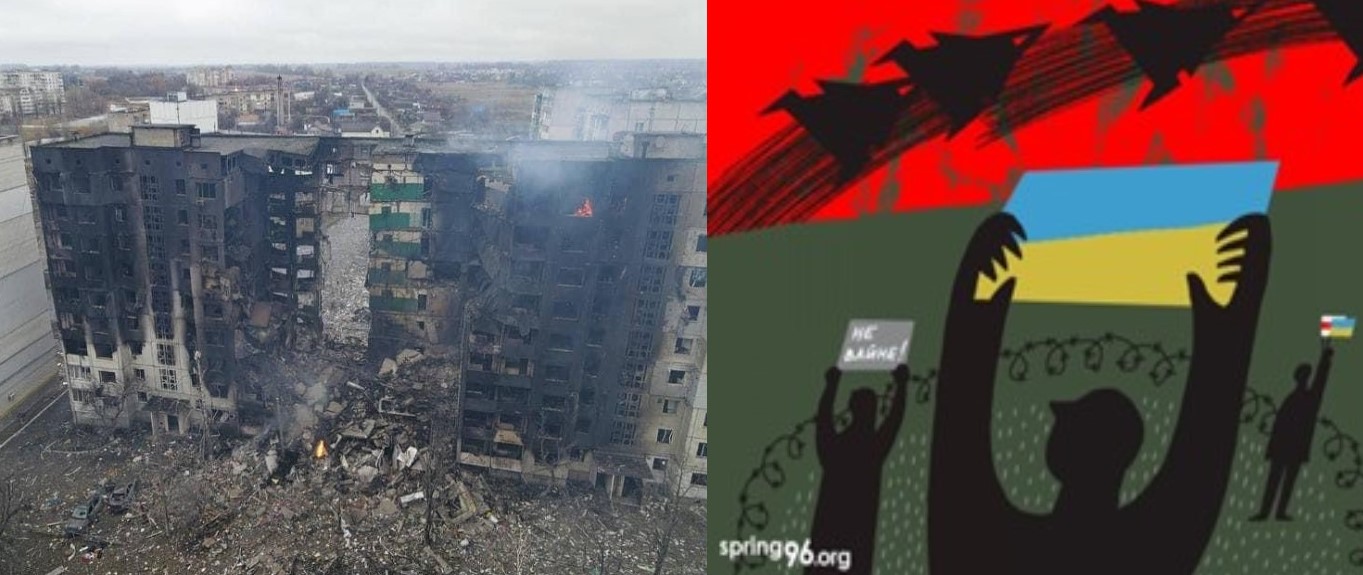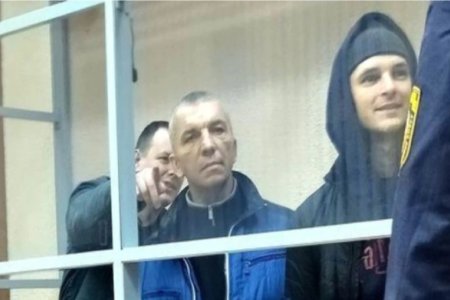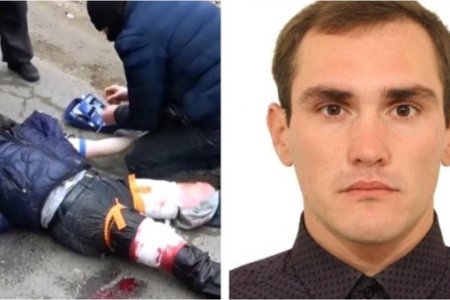
Belarusian partisans have, seemingly, pulled off the biggest act of sabotage of Russia’s war against Ukraine, with a Russian A-50 early warning and control aeroplane either destroyed or very severely damaged. This operation on 26 February is the latest of many efforts by Belarusians to obstruct Russia’s aggression against Ukraine, with those taking part doubtless aware that they face torture and sentences of two decades and more if caught.
Two Belarusian partisans were reportedly involved in the attack, which used two drones, armed with munitions. Thankfully, both are believed to have safely left Belarus, where the enforcement bodies were reportedly actively scouring the area within hours of the attack. Most of the information came originally from BYPOL, a Polish-based Belarusian organization created by former members of the Belarusian enforcement bodies in opposition to the regime of Aleksandr Lukashenka. Although neither the Belarusian regime, nor Moscow will want to confirm information that demonstrates their weakness, pro-Russian Telegram channels and other opposition sources also reported the attack. The Head of BYPOL, Aleksandr Azarov, has given a detailed description of the attack on the Machulishchy military aerodrome near Minsk from where Russian fighter jets are flying to Ukraine. He calls it a continuation of the ‘railway war’ – the actions by rail partisans in setting fire to signals boxes, etc. on tracks in Belarus which the Russians were using to get military technology, etc. to parts of Ukraine that they were invading. Azarov clearly suggests BYPOL involvement in those earlier acts, and says that the attack on 26 February was carried out by participants in the ‘Peramoha’ [‘Victory’] plan. This new attack was on one of only nine such Russian planes, with the price estimated by the opposition Belaruski Haion at around $330 million.
Azarov reports also that repressive measures have already begun, with information that the Belarusian enforcement bodies had even detained a young woman from Machulishchy. These, unfortunately, are the methods typical for the KGB in Belarus and FSB in Russia, and even if they know that the two partisans have left the country, there is no guarantee that others will not be arrested, as scapegoats.
On 24 February 2023, the renowned Belarusian Viasna Human Rights Centre marked the first anniversary of Russia’s full-scale invasion of Ukraine by remembering all those Belarusians who have actively protested against the war and paid a high price for their courage.
Twelve Belarusians have been sentenced, as ‘railway partisans’ to an incredible 191.5 years’ imprisonment. They include Dzmitry Klimau (b. 1993) and Uladzimir Auramitsau (b. 1994) from Bobruisk, sentenced to 22 years and the so-called Svietlahorsk [or Svetlogorsk] Rail Partisans - Dzianis Dzikun (b. 1992), his brother-in-law, Dzmitry Ravich (b. 1988) and his fiancée’s father Aleh Malchanav (b. 1970), who received sentences of 21-23 years. Some of them, and Vitaliy Melnyk, who received a 16-year sentence, were almost certainly deliberately shot in the knees as well as being subjected to other forms of torture. all of these Belarusian rail partisans, and others, played an invaluable role in obstructing Russia’s invasion, and probably helped Ukraine to defend Kyiv from being taken.
A particularly worrying aspect of these ‘trials’ is that the charges that most of the men have faced included ‘state treason’. It is, of course, Lukashenka who is committing state treason by allowing his country to be used as a base for Russia’s war of aggression against Ukraine, not those seeking to prevent this. His regime has, however, just brought in new legislation which envisages the death penalty for so-called ‘treason’. The law is not retroactive, and also only applies to officials and military personnel, however many of those actively opposing the current regime either previously fell into that category or do so now, and the move is a terrifying escalation of repression against those defying an illegitimate and repressive regime.
Viasna reports also that at least 31 Belarusians have been prosecuted for and convicted of passing photos of Russian military technology to the media. At least 11 men are in detention for wanting to fight on Ukraine’s side, with eight of these already found ‘guilty’. Others have been detained, beaten, and prosecuted for taking part in anti-war marches, and at least 20 people have faced persecution merely for condemning Russia’s military aggression and supporting Ukraine.
At least 56 Belarusians have been convicted of criminal charges and sentenced to terms of imprisonment from 1 to 23 years. Viasna reports that persecution for anti-war protests began with Russia’s full-scale invasion of Ukraine, and during 2022, well over six thousand Belarusians had been detained – at least 17 a day. They later faced administrative charges, often on grotesquely absurd pretexts, with many also beaten and tortured.



